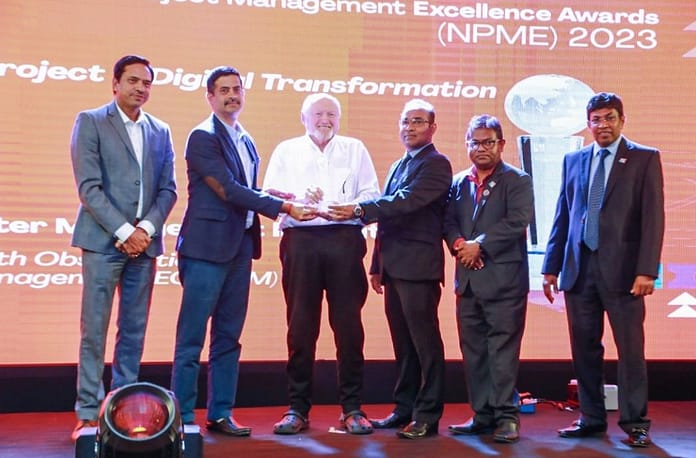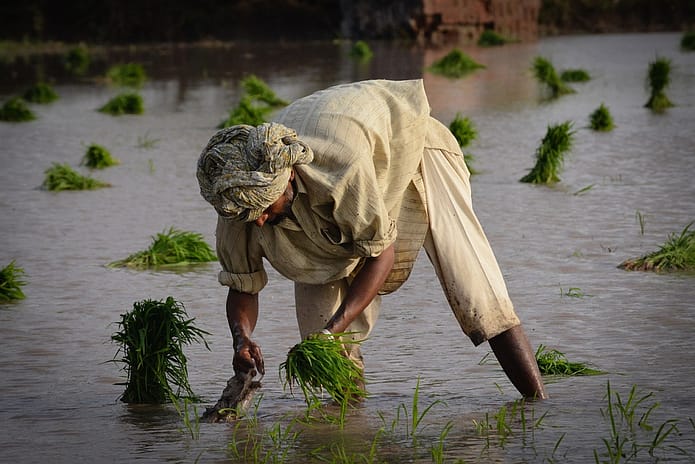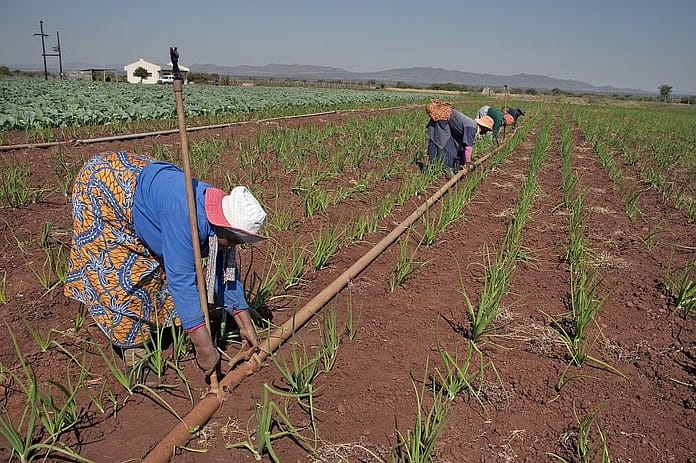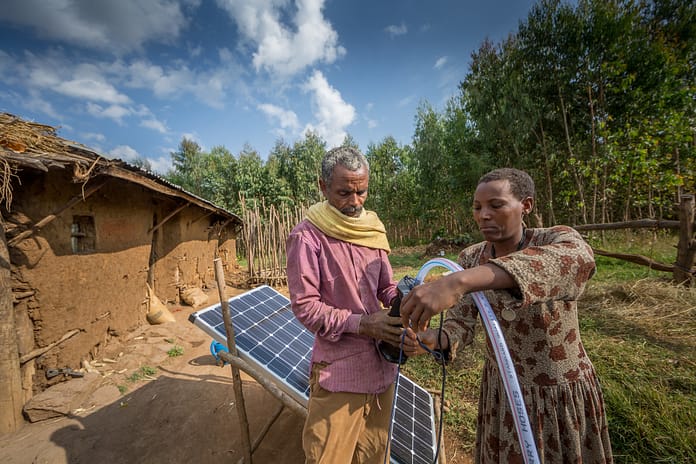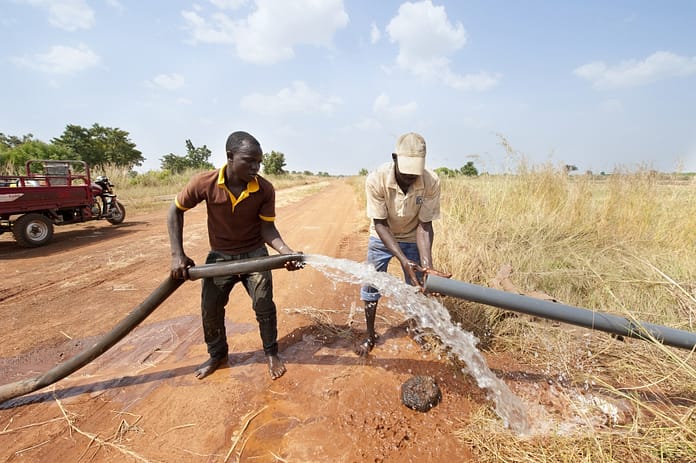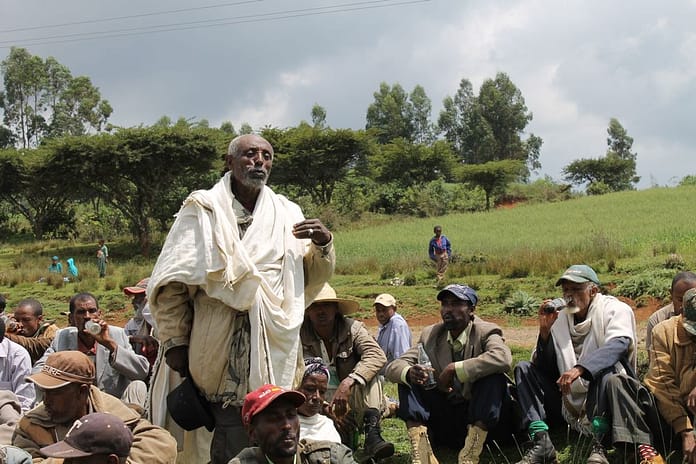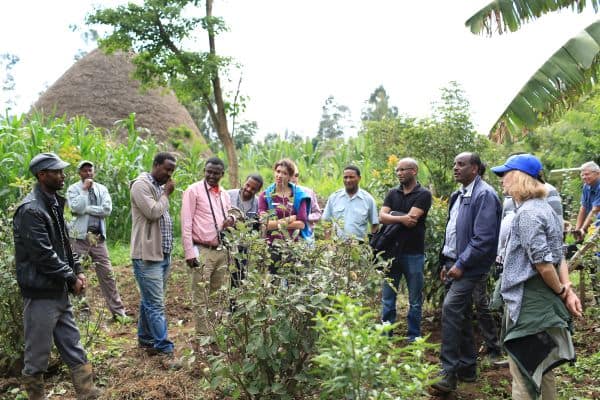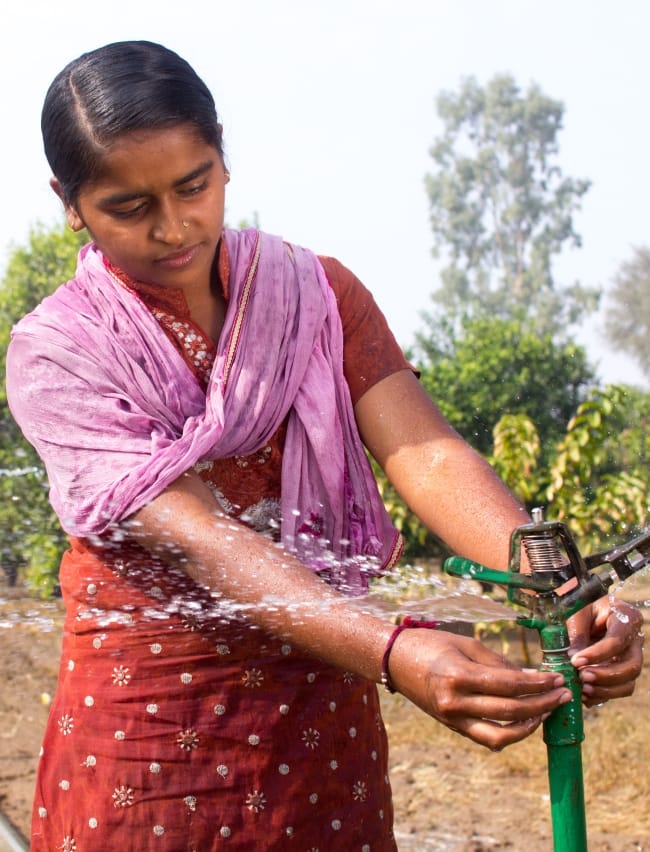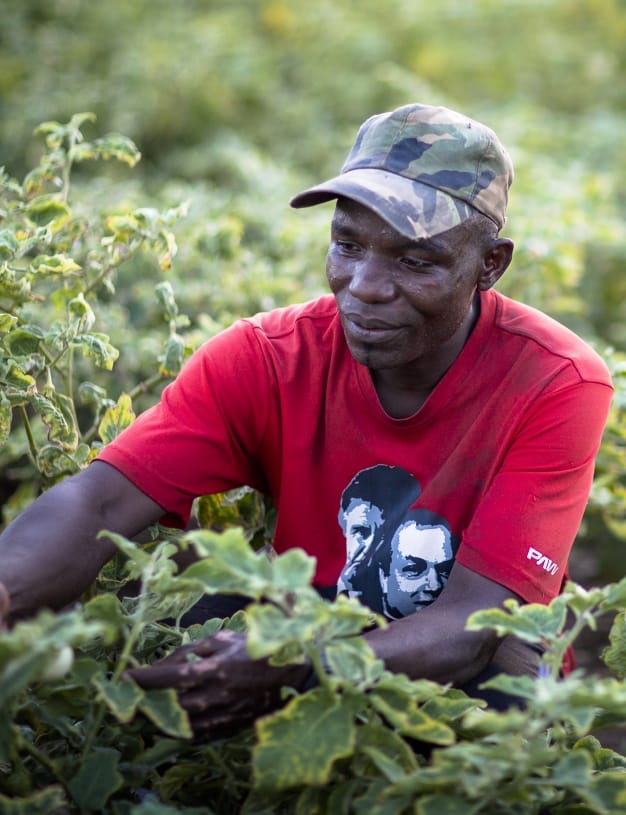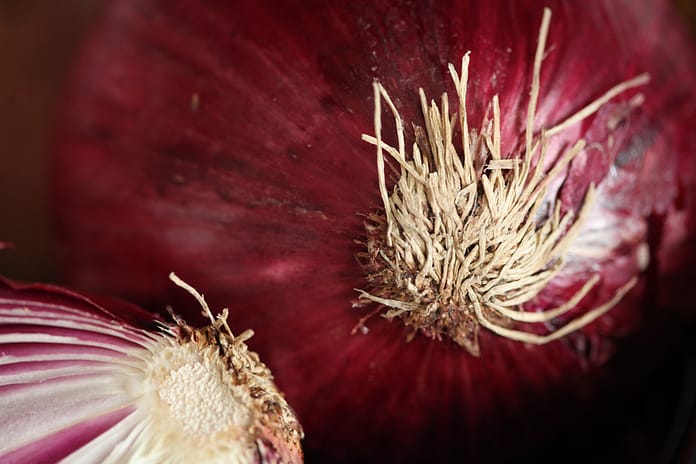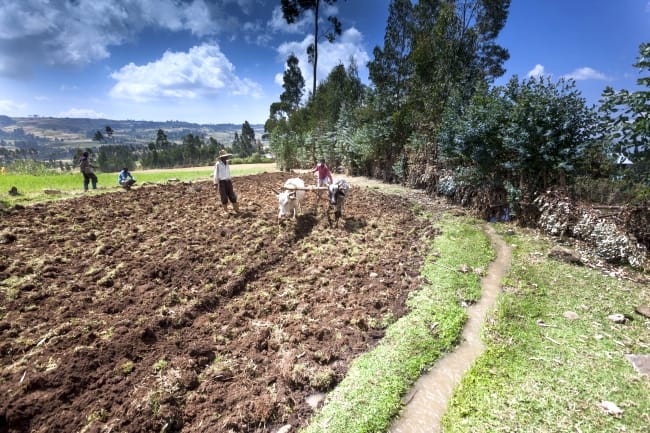July 6 is the 2013 UN International Day of Co-operatives . The event seeks to encourage the growth and establishment of cooperatives and farmers’ unions all over the world, and to recognize the actions of cooperation in helping to achieve development goals.
Recent IWMI research highlights how farmers’ unions can support smallholder farmers and boosting agricultural productivity.

Photo credit: Joe Ronzio / IWMI
In many parts of rural Africa, modern agricultural technology is still something of a rarity. But as demands grow on Africa’s farmers to produce more food, more and more are looking to technology to deliver greater yields and improved incomes. Improved irrigation, in particular, would greatly increase crop production. In many areas of Africa there is plenty of water, but farmers lack the resources to access it outside of the rainy season. Zambia is a case in point: it has huge irrigation potential but three quarters of small-scale farmers still rely on bucket irrigation. More widespread use of motorized pumps could transform this situation. For individual farmers this may be prohibitively expensive, but cooperation for technology use might provide an answer.
It is perhaps surprising, therefore, that scant attention is paid to how the supply chain for motorized pumps works in rural Africa and what could be done to improve farm access to this technology. Now a new working paper from the International Water Management Institute (IWMI) aims to do just that.
The underdeveloped supply chain
IWMI researchers systematically analyzed the different components of the pump supply chain in Zambia to try to find out why so few rural farmers used them.
“These shortcomings might partially be attributed to the fact that the supply chain is only a decade old”, says IWMI Principal Researcher Barbara van Koppen. “However, they need to be addressed, so that any smallholder farmer in Zambia who wants to obtain a motorized pump can do so and also use it sustainably.”
The researchers found that the supply chain was mainly limited because goods and services are highly centralized. Most provision revolves around the capital, Lusaka, and few other urban centers. Most rural smallholders, of course, live far from these conurbations. Furthermore, information about pump costs and maintenance is not widespread. Prices of pumps can vary widely but smallholder farmers are rarely in the know. They are often isolated from the supply chain: neither well informed, nor in a position to influence processes in the chain.
Mobilizing farmer unions
“We found that the existing disproportions could be addressed by improving smallholders’ accessibility and information”, says van Koppen. “Yet, decentralization is not feasible for retailers. Here farmers’ cooperatives and unions could be highly effective.”
As the Zambian National Farm Union is usually decentralized through district associations they could unlock each component of the supply chain. For instance, they could negotiate with a supplier to bring in pumps at a discounted bulk price – an option potentially favorable to both supplier and farmer.
But why stop there? Well managed farmers’ associations could easily import pumps themselves. They could also provide information on the range of different pumps available, where to buy them and for how much. By negotiating a supply of spare parts, individual farmers would not be forced to travel long distances to purchase these and associations could also explore the willingness of retailers to train local mechanics in maintenance and repair. “The list goes on”, van Koppen concludes, “but basically through the benefits of cooperation smallholder farmer will become the pulling force behind a speeded mechanization of private irrigation in Zambia.”
Colenbrander, W.; van Koppen, B. 2012. Improving the supply chain of motor pumps to expand small-scale private irrigation in Zambia. Colombo, Sri Lanka: International Water Management Institute (IWMI). 14p. (IWMI Working Paper 154)
About the author:
Anna Deinhard is a Communications Fellow at the International Water Management Institute (IWMI). She has an MSc in Environmental Sciences from Linkoping University, Sweden, specialized in water and development.


